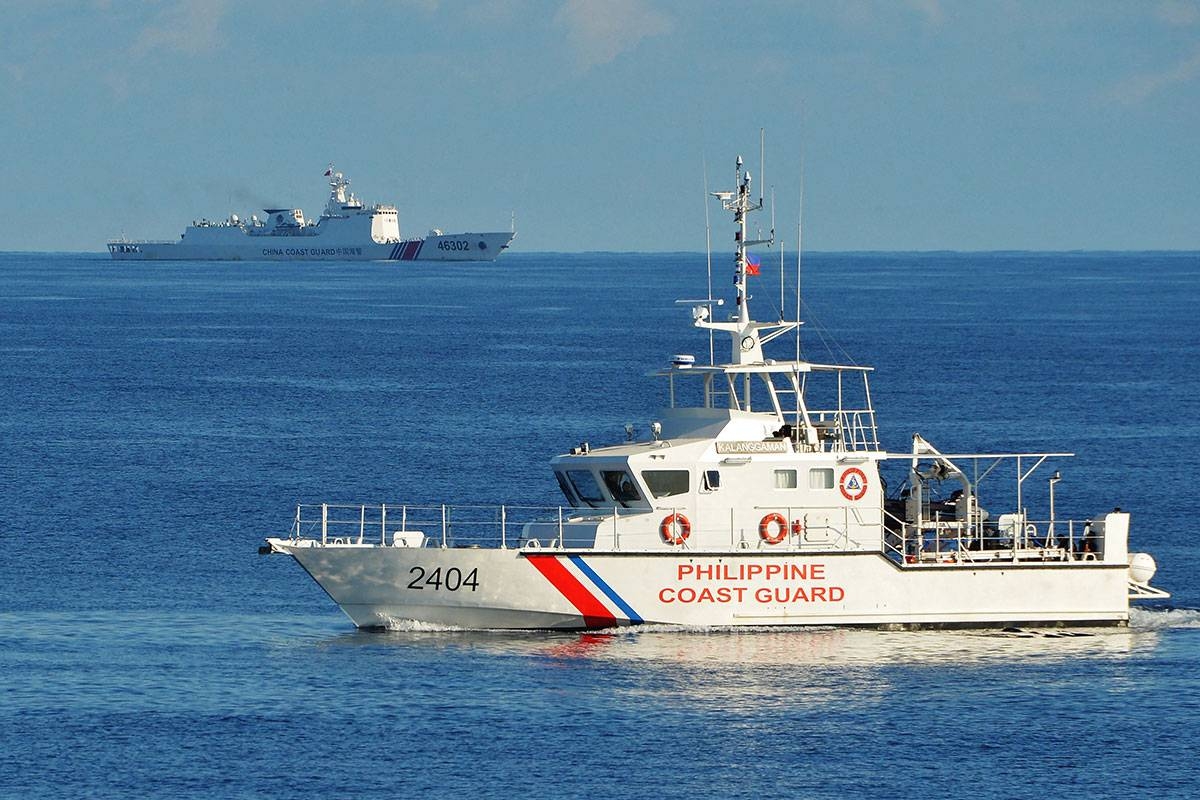TWO leading experts on the South China Sea conflict, Gregory Poling and Jude Blanchette from the Center for Strategic and International Studies (CSIS), have shed light on China’s reluctance to acknowledge the legal grievances of its Southeast Asian neighbors. This unwillingness has become one of the most prominent challenges to China’s management of external relations.
In an article published in a Chinese nationalist newspaper, the Philippines was accused of deliberately escalating tensions in the South China Sea, particularly in Ayungin (Second Thomas) Shoal, to gain support from the United States. Poling and Blanchette point out that when China is confronted by a smaller power challenging its actions, it often accuses them of working with or being used by the United States to drive an ‘anti-China’ strategy.
This sentiment was echoed by former Chinese Foreign Minister Yang Jiechi, who stated, “China is a big country and other countries are small countries, and that’s just a fact.” Poling and Blanchette highlight that this sentiment led Beijing to undermine the arbitration brought by the Philippines from 2013 to 2016 by insisting that it was engineered by the US and Japan.
Chinese government officials also view the US as an architect of a long-term containment strategy aimed at eroding China’s influence in the region and bringing about the collapse of the Communist Party of China. Chinese President Xi Jinping himself stated earlier this year that Western countries, led by the United States, have moved to “contain, encircle, and suppress China,” resulting in unprecedented severe challenges to China’s development.
However, President Herman Tiu Laurel of the Asian Century Philippines Strategic Studies Institute (ACPSSI) believes that Poling and Blanchette present a one-sided and distorted narrative about China. He points out that they omit the constant offers made by China to the Philippines to find a win-win compromise in their disputes over areas in the South China Sea.
Laurel highlights that China proposed this compromise immediately after the water cannon incident in Ayungin Shoal in August 2023. However, the proposal fell on deaf ears as the Philippine Coast Guard (PCG) escalated tensions in the area and involved the Armed Forces of the Philippines chief in the diatribes against China.
Laurel argues that dialogue and compromise are hardly possible given the current situation, which follows a US plan called “Project Myoushu” introduced in January 2023. This plan, presented to the Philippine ADRI-Stratbase think tank, aims to increase the reputational cost China pays for its tactics employed in disputed areas in the South China Sea.
China’s willingness to pay these costs is not limitless, and continued public exposure provides the most direct method to impose these costs. However, Laurel criticizes the US for thinking that propaganda and reputation can erase red lines.
It is evident that the South China Sea conflict is complex and multifaceted, with differing perspectives on the actions and intentions of the parties involved. Understanding the nuances and motivations behind China’s unwillingness to address legal grievances is crucial in finding a peaceful resolution to the ongoing dispute.
Source: The Manila Times







